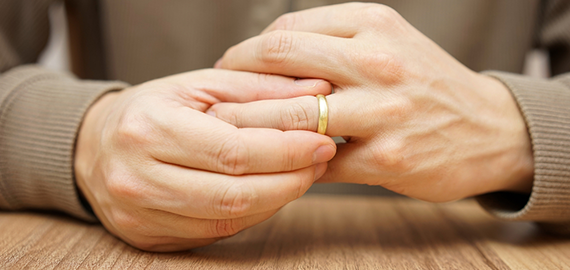While the recent Ashley Madison hack/leak will have unspoken results on a number of marriages, the same can be said about the financial security of affected users. The information released by the hackers includes names, addresses, credit card information, security questions and answers, and more. Anytime a big breach like this happens, one question tends to come to my mind: how ready are people to protect themselves? There is a myriad of steps individuals can take before and after they fall victim to a hack or scam. Below are some simple steps everyone can take to greatly improve financial security.
- Use the best security available to you. Credit card companies and technology firms are taking initiatives aimed at improving consumer data security. For example, a new card technology known as EMV (Europay, Mastercard, Visa) is being rolled out in the United States this year. The purpose of this upgrade is to make it harder for thieves to commit credit card fraud, by making cards harder to replicate. Consumers who want the best security against potential threats should make sure they are utilizing this type of technology, whenever it is available to them. While EMV may not have prevented the type of hack we witnessed with Ashley Madison, it does provide an additional line of defense against other attacks.
Many credit card issuers today offer their customers the ability to get this information for free -- simply by being a customer. If your bank doesn't offer this service, you can always get a report by paying a fee or claiming your 1 free annual credit report.
If you get a phone call from someone claiming to be from your bank, and then demanding "you verify your account information", don't be so quick to appease them. First, you should verify whether the person calling you is in fact a representative from your financial institution. Tell them you'll hang up, and call the bank directly, if they need to speak to you. While inconvenient, this is one of the only ways to make sure you are speaking with the right people. Similarly, be cautious of any links or fishy e-mails. These are often the #1 way hackers try to phish information from users.

